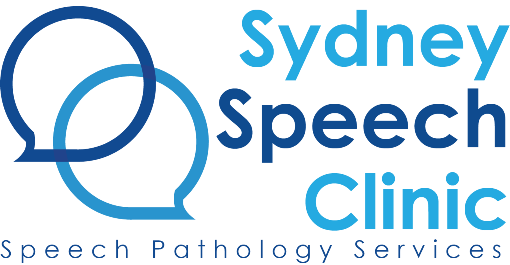This workshop aims to teach children how to develop their oral narrative and writing skills. They will learn about story grammar elements such as character, settings, plan and action, and then use these elements to develop both oral and written narratives. The workshop uses modeling, story retelling and story generation to help children practice foundational literacy skills. The use of visuals to teach each element of an oral narrative is fun and engaging in a group setting. Children are encouraged to share their ideas with their peers. Evidence has shown a strong link between oral narratives and written expression.
This group is ideal for those children between the ages of 7 and 11 who are having difficulties with confidently retelling and writing stories.
It is likely that our next group will be held in the January School Holidays. This will be based on the Covid 19 situation in NSW. We'll update the dates here once we have finalised the dates/times of the group. Please email us to express an interest and we will contact you once the dates are confirmed.
Group Goals
- Increased confidence with developing an oral narrative
- Identification and use of story grammar elements
- Retell familiar stories including key details
- Describe the macrostructure of a story
- Develop and apply techniques to improve microstructures of a story
- Develop characters in their stories
- Develop settings in their stories
- Developing ‘take off’ in their stories


Macrostructure

